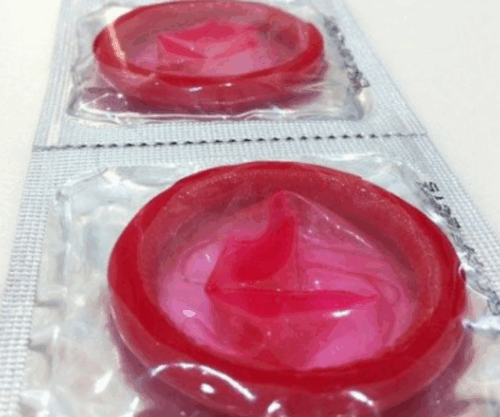
It’s tempting to reach for a drink when life gets tough—whether to unwind after a long day or numb the sting of a tough breakup. But while that glass of wine might feel like a quick fix, it’s a temporary escape that can lead to bigger issues down the road.
Alcohol may dull the pain in the moment, and make you feel good but it won’t solve the problems that caused it in the first place. Health experts explain why relying on alcohol is never the solulu and discover healthier, long-term ways to tackle life’s challenges head-on.
The White River Manor states that alcohol can negatively affect the central nervous system, leading to increased anxiety. A UK Mental Health Organisation survey found that 74% of people feel overwhelmed with stress, often due to work-related challenges. “Heavy alcohol use has a huge impact on our work and home life. It can hugely impair our focus and critical thinking skills and has the power to strip us of our goals and ambitions. It also wreaks havoc with our emotional, mental and physical health.”
According to the Cleveland Clinic, alcohol consumption during stressful times can have physical consequences, including liver damage, chronic liver disease, and suppressed immune systems. Alcohol can also disrupt the sleep cycle, causing fatigue and a lack of restorative sleep, the clinic adds.
Additionally, excessive alcohol intake is believed to lead to weight gain and poor self-image. “If someone increases their dependence on alcohol to deal with stress, that leads to the exacerbation of depression and anxiety. Increased alcohol intake can lead to ‘ruminating on negative things, the sort of dread thoughts that can heighten your emotional state.'”
Also see: Signs you have alcohol intolerance




